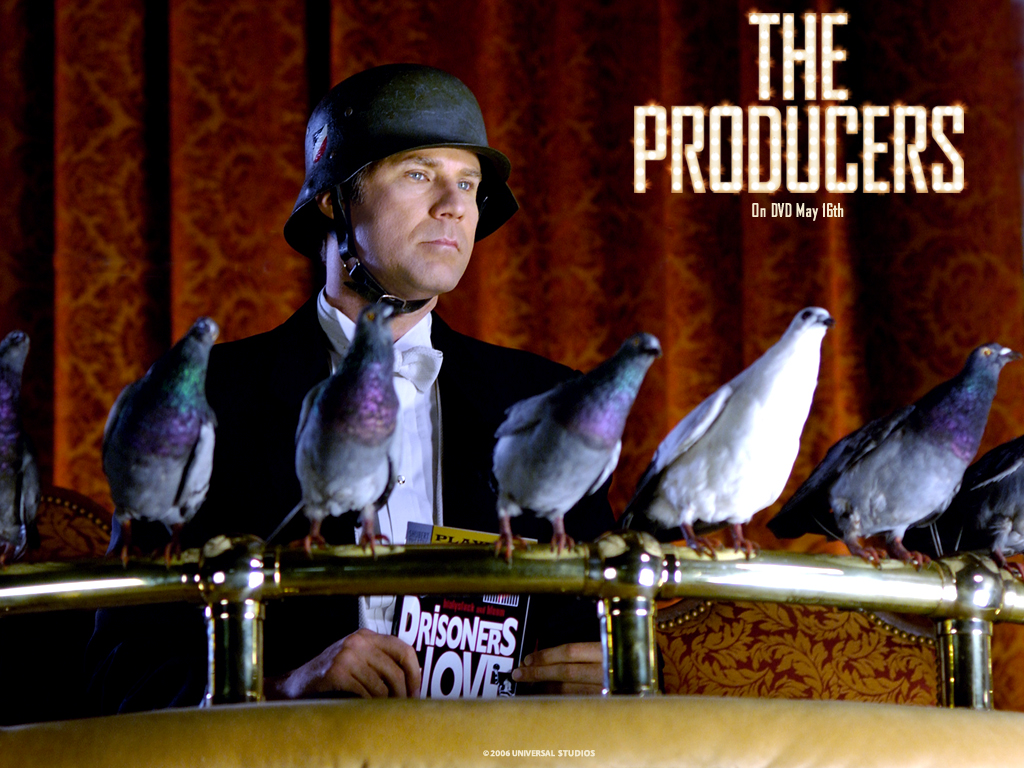The idea of natural rights that Jefferson used in the Declaration of Independence was taken from John Locke a British philosopher. See the passage below. The theory wasn't just pulled out of thin air or decided on buy a bunch guys on the forum!
The members of the Continental Congress made only two minor changes in the opening paragraphs of Jefferson's draft declaration. In these two paragraphs, Jefferson developed some key ideas: "all men are created equal," "inalienable rights," "life, liberty, and the pursuit of happiness." Where did Jefferson get these ideas?
Jefferson was a man of the Enlightenment. This was the period during the 17th and 18th centuries when thinkers turned to reason and science to explain both the physical universe and human behavior. Those like Jefferson thought that by discovering the "laws of nature" humanity could be improved.
Jefferson did not invent the ideas that he used to justify the American Revolution. He himself said that he had adopted the "harmonizing sentiments of the day." These ideas were, so to speak, "in the air" at the time.
As a man of the Enlightenment, Jefferson was well acquainted with British history and political philosophy. He also had read the statements of independence drafted by Virginia and other colonies as well as the writings of fellow revolutionaries like Tom Paine and George Mason. In composing the declaration, Jefferson followed the format of the English Declaration of Rights, written after the Glorious Revolution of 1689.
Most scholars today believe that Jefferson derived the most famous ideas in the Declaration of Independence from the writings of English philosopher John Locke. Locke wrote his Second Treatise of Government in 1689 at the time of England's Glorious Revolution, which overthrew the rule of James II.
Locke wrote that all individuals are equal in the sense that they are born with certain "inalienable" natural rights. That is, rights that are God-given and can never be taken or even given away. Among these fundamental natural rights, Locke said, are "life, liberty, and property."
Locke believed that the most basic human law of nature is the preservation of mankind. To serve that purpose, he reasoned, individuals have both a right and a duty to preserve their own lives. Murderers, however, forfeit their right to life since they act outside the law of reason.
Locke also argued that individuals should be free to make choices about how to conduct their own lives as long as they do not interfere with the liberty of others. Locke therefore believed liberty should be far-reaching.
By "property," Locke meant more than land and goods that could be sold, given away, or even confiscated by the government under certain circumstances. Property also referred to ownership of one's self, which included a right to personal well being. Jefferson, however, substituted the phrase, "pursuit of happiness," which Locke and others had used to describe freedom of opportunity as well as the duty to help those in want.
The purpose of government, Locke wrote, is to secure and protect the God-given inalienable natural rights of the people. For their part, the people must obey the laws of their rulers. Thus, a sort of contract exists between the rulers and the ruled. But, Locke concluded, if a government persecutes its people with "a long train of abuses" over an extended period, the people have the right to resist that government, alter or abolish it, and create a new political system.
Jefferson adopted John Locke's theory of natural rights to provide a reason for revolution. He then went on to offer proof that revolution was necessary in 1776 to end King George's tyranny over the colonists.

![Laugh [laugh] [laugh]](/xen/styles/default/xenforo/smilies.vb/012.gif)

![ROFL2 [rofl2] [rofl2]](/xen/styles/default/xenforo/smilies.vb/035.gif)
![Flame [flame] [flame]](/xen/styles/default/xenforo/smilies.vb/032.gif)
![Beat a dead horse [horse] [horse]](/xen/styles/default/xenforo/smilies.vb/026.gif)